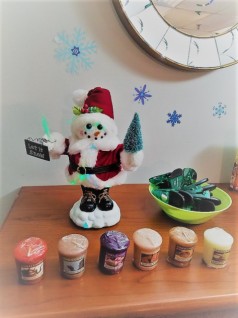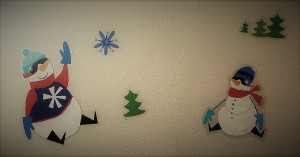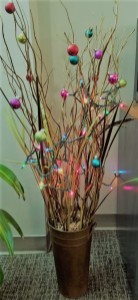 In June 2016, the American Association of School Librarians (AASL) announced their 25 Best Apps for Teaching and Learning. The apps encourage qualities such as innovation and active participation, and are user-friendly.
In June 2016, the American Association of School Librarians (AASL) announced their 25 Best Apps for Teaching and Learning. The apps encourage qualities such as innovation and active participation, and are user-friendly.
The app Spark Page is a web publishing tool that allows users to create digital magazines with motion. The app offers a variety of fonts and design templates, and allows users to use their own images from their camera or Dropbox, or choose from Creative Commons licensed images. Users can create newsletters, reports, projects, portfolios, invitations, and more. The app also includes active buttons, which make it a good choice for fundraisers or registration. Sharing is possible through social media, embedding, texting, or emailing. Take a look at their blog for more fun and practical ideas for ways to use the app.
The app has gotten lots of positive feedback online. This article from Free Tech for Teachers includes a video and several specific examples of ways teachers can incorporate the app in the classroom. Class Tech Tips features this article, which describes ways to use Adobe Spark to create “school stories” or share the events happening in classroom and across the school district.
Cost: Free!
Level: Middle and High School
Platforms: iOS







